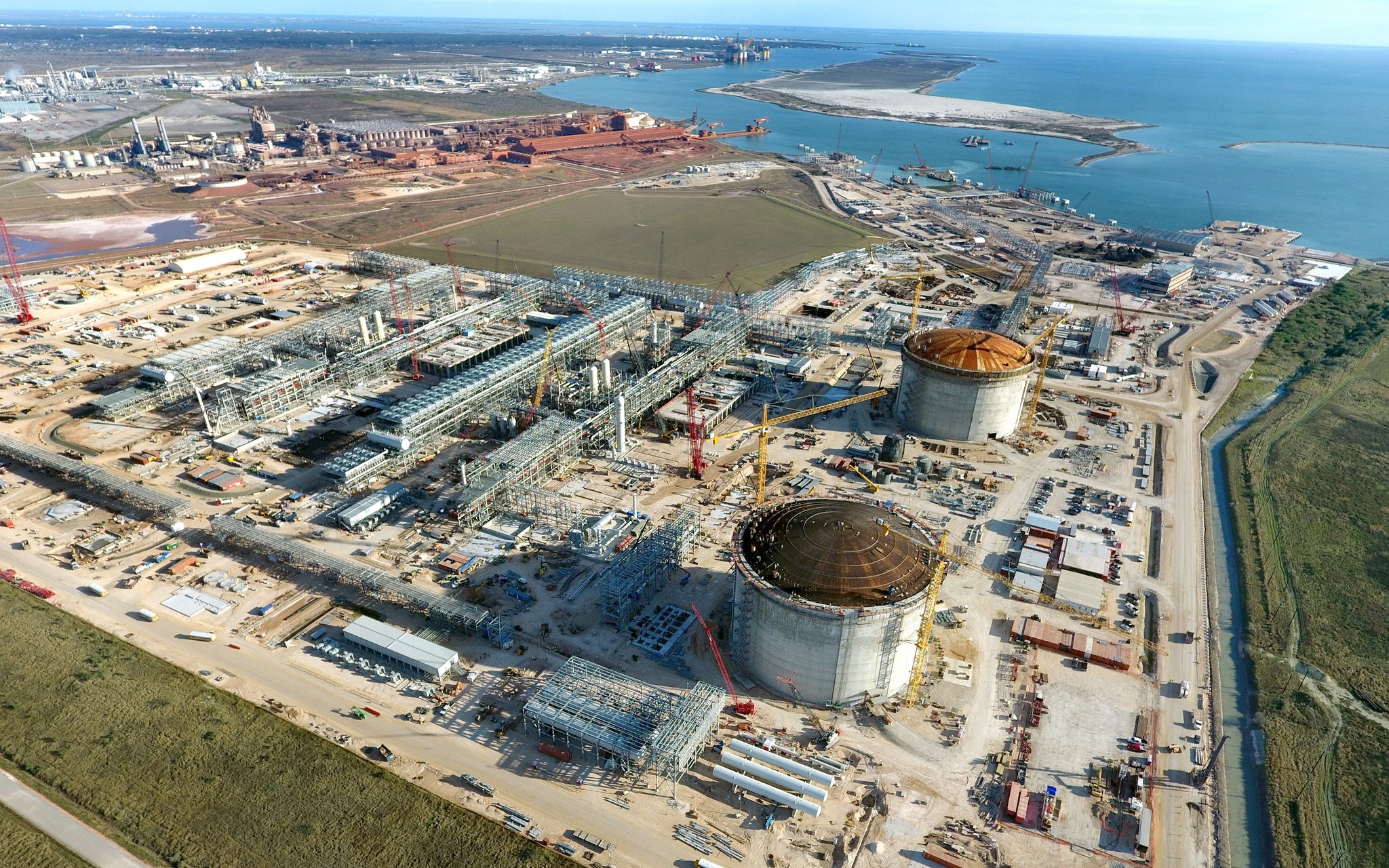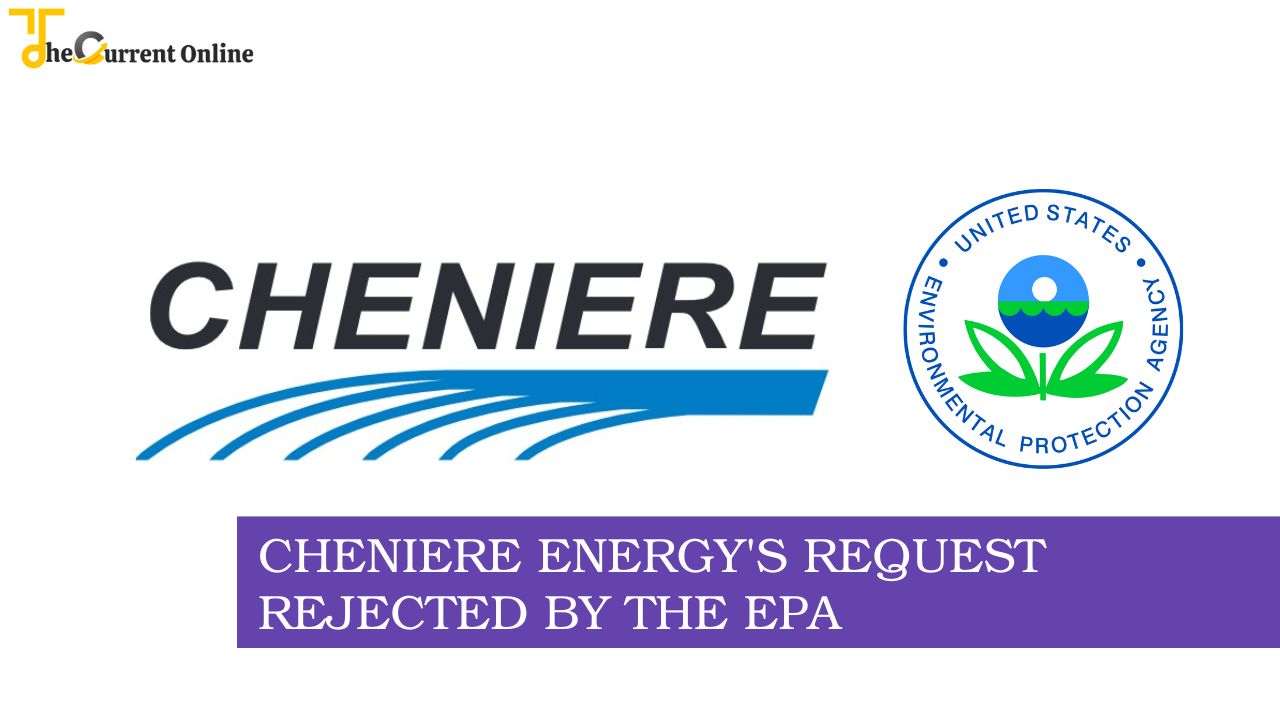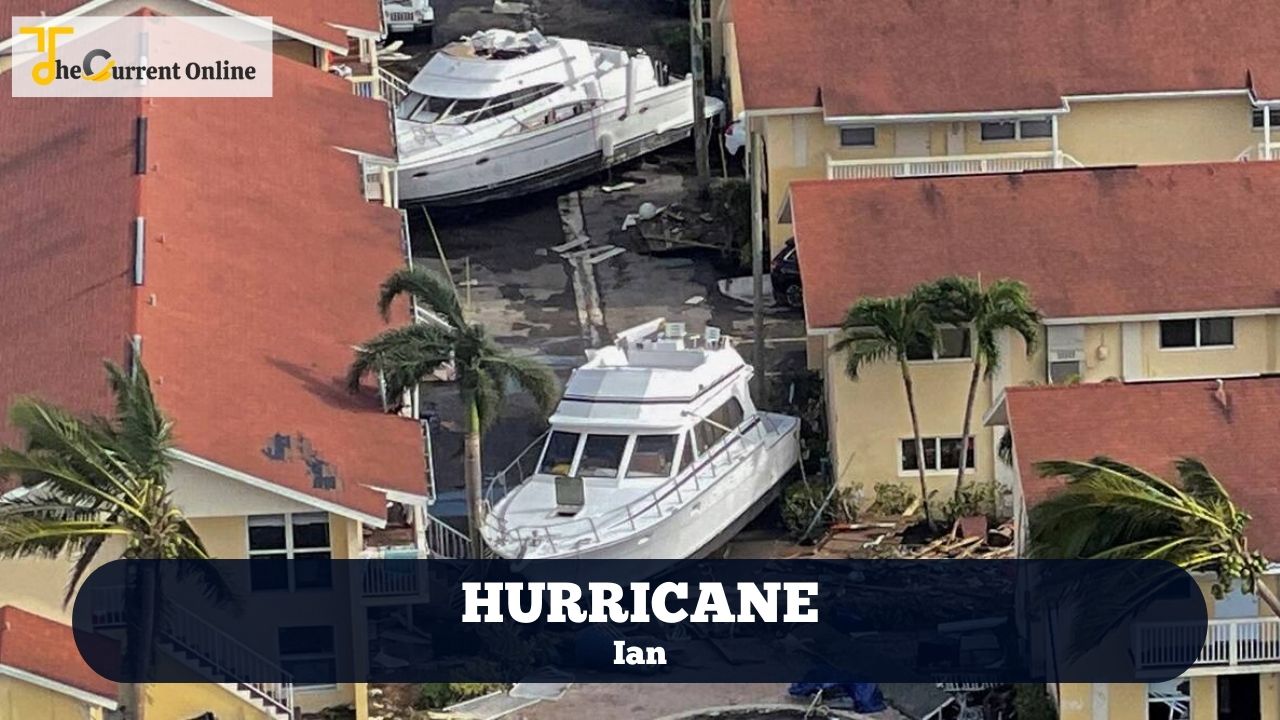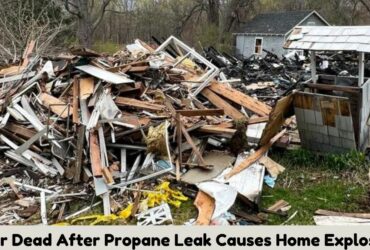The Environmental Protection Agency rejected Cheniere Energy’s request to exclude two Gulf Coast plants from a federal air pollution rule. Cheniere Energy is a major U.S. producer of liquefied natural gas.
WATERLOO — Tuesday, the Environmental Protection Agency rejected Cheniere Energy’s request to have two Gulf Coast plants exempted from a federal air pollution rule. Cheniere Energy is a major U.S. producer of liquefied natural gas.
According to an EPA spokesman, the agency turned down Cheniere’s request to exempt a rule that restricts the amount of cancer-causing formaldehyde that gas-fired turbines are allowed to emit on Tuesday. In order to comply with the formaldehyde rule, which is being restored after an 18-year hiatus, dozens of turbine operators had until Monday.

“Formaldehyde emissions must be controlled in order to safeguard public health. Even though the EPA is rejecting Cheniere’s request for a special subcategory to comply with the turbines rule, the organization will still cooperate with Cheniere and other businesses as necessary to ensure they fulfill their Clean Air Act obligations, according to EPA spokesman Tim Carroll in an email on Tuesday.
The biggest LNG exporter in the United States, Cheniere, had issued a warning that new regulations on LNG plants in Texas and Louisiana would stymie gas shipments to Europe, which has been struggling with rising energy costs since Russia’s invasion of Ukraine.
Cheniere said in a statement on Tuesday that it vehemently disagrees with the EPA’s choice but will collaborate with state and federal regulators to “create solutions that ensure compliance” with the hazardous-pollution rule.
In an email, business spokesman Eben Burnham-Snyder stated, “Our conviction remains that these emissions do not constitute a concern to public health, our personnel, or the environment.” “Although this choice can entail unnecessary costs, we think the procedures required to achieve complete compliance won’t have a significant impact on finances or operations. and that we would be able to sell LNG to consumers and nations all around the world in a reliable manner.
BREAKING: The Biden administration has denied Cheniere Energy's request to exempt its gas turbines from a hazardous pollution rule @ValerieVolco https://t.co/IUlx6yRHrT
— Nichola Groom (@nicholagroom) September 6, 2022
Environmentalists claimed Cheniere was attempting to circumvent what many people consider lenient EPA regulations by taking advantage of the worldwide gas crisis and rising costs in Europe.
James Hiatt of the Louisiana Bucket Brigade, an activist organization that has worked with communities near oil refineries, chemical plants, and other manufacturers to fight pollution, said Cheniere is asking for exemptions to EPA rules because it is expensive so they can continue to release cancer-causing pollutants into our communities — the same underprivileged neighborhoods President (Joe) Biden has vowed to protect.
Under the National Emission Standards for Hazardous Air Pollutants, a 2004 regulation that is being reinstated after an 18-year stay, petrochemical companies, pipeline operators, and other producers will have to demonstrate that they have complied with EPA limitations on formaldehyde.
Can I buy Cheniere Energy stock?
Currently, Cheniere Energy is ranked #1 according to Zacks (Strong Buy). According to our analysis, stocks with a Zacks Rank of 1 (Strong Buy) or 2 (Buy) and a Style Score of A or B outperform the market during the ensuing month.
How much LNG is produced by Cheniere?
With the completion of all six trains, SPL’s total nominal LNG production capacity is about 30 mtpa, and we convert more than 4.7 billion cubic feet of natural gas into LNG every day.
Whose business exports LNG the most?
Of all natural gas companies in the world, Qatar Petroleum has the highest export capacity for liquefied natural gas. The state-owned enterprise could export 52.8 million metric tonnes of LNG annually as of June 2021.
Produces Cheniere any gas?
The Permian Basin is one of the most productive areas in the nation, and CCL has access to natural gas produced there. CCL has access to numerous interstate and intrastate pipelines thanks to the about 22-mile-long, 48″ Cheniere Corpus Christi Pipeline, which links the facility to these networks.




